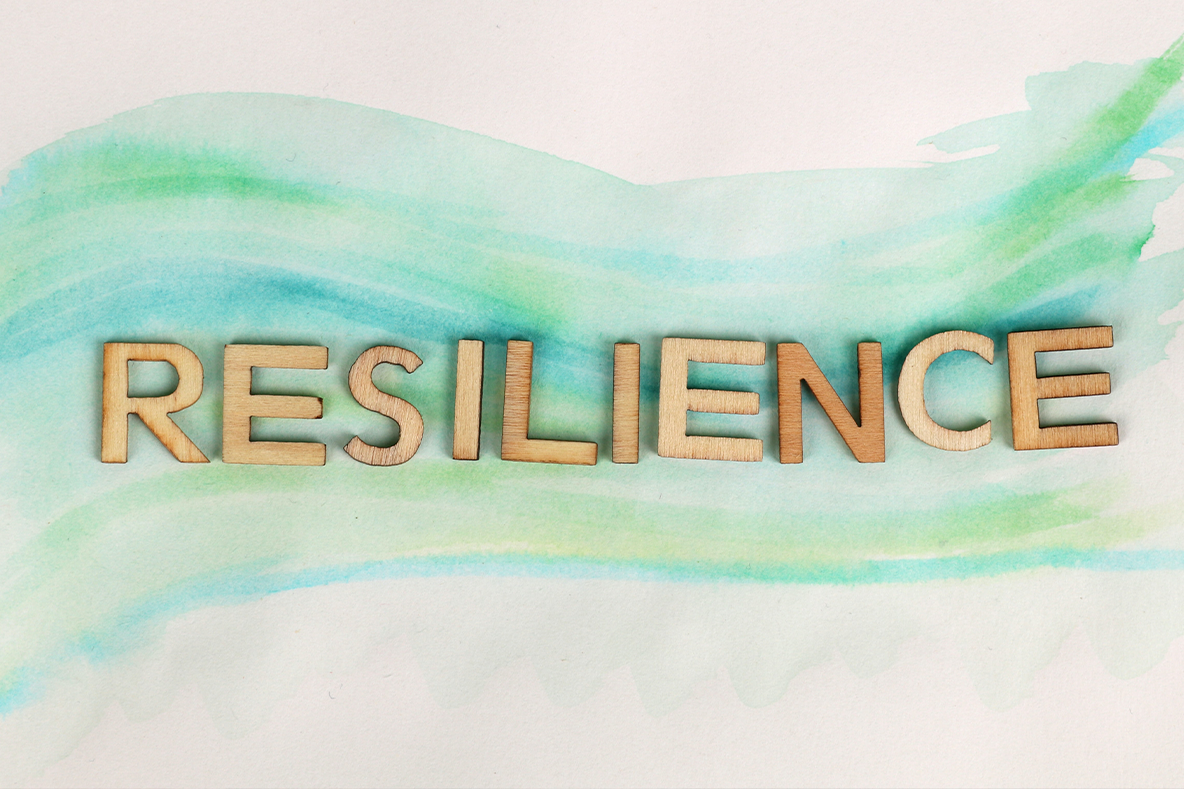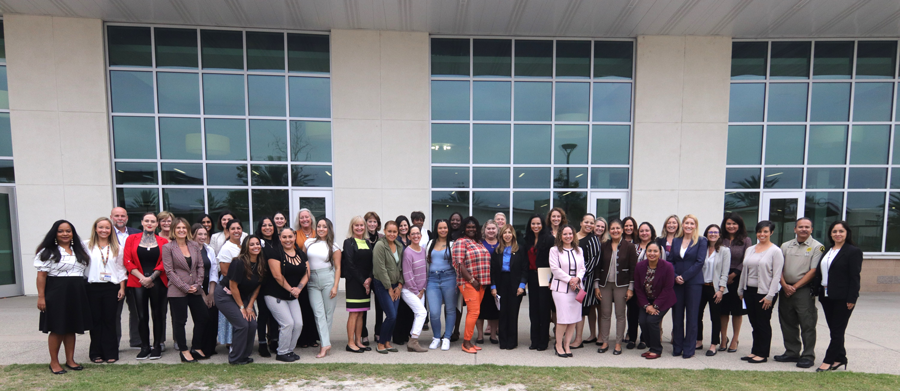Written by Katy Goshtasbi
Posted on: October 16, 2023
Share This

Being successful isn’t so much about what you do as much as it is about how you cooperate with the changes, twists and turns in your life. Let’s discuss how to work on yourself and grow as a person by developing your resilience characteristics. Specifically, I want to discuss why resilience is so important and the steps to get you to be more resilient and thereby, impactful in your world.
I was recently invited by the National Association of Women Judges to attend a day-long event at our local women’s detention facility. The day-long event included judges, lawyers, therapists and other experts to support incarcerated women who are preparing for re-entry into the world outside of the detention facility.
The day was inspirational, and I hope I was able to leave the attendees with ideas and thoughts to allow them to thrive once they return to their communities. The biggest takeaway and lesson for me was resiliency and the power of our minds to shape our experiences.
Resilience is defined as, “the capability to withstand or recover quickly from difficulties or to spring back.”
As I looked around at the female inmates, I felt some of them seemed to be doing better than others. There are many factors, but what stood out was the resilience some of them have.This resilience is shaped by their ability to use their mind and reframe adversity into something more useful, inspirational and motivating so they can keep going.
As I see it, this ability all comes down to skills development to grow as a person. The final goal is to have inner peace and bounce back and recover from any situation by maintaining our inner peace.
Characteristics of resilient people
If the definition of resilience is to bounce back and recover, then here are the characteristics of those who bounce back, recover and display resilience.
Confident
My formal research is around stress and self-confidence. I have found that resilient people are confident. They may not necessarily be confident in the final outcome of whatever is the object of their focus requiring resilience, but feeling confident allows them to stay focused, march forward and take action with a mindset that is free of fear and guilt and confusion.
Optimistic
Resilient people’s perspective on life has a neutral, if not favorable, point of view. Remaining hopeful and optimistic allows you to have a higher tendency to stay the course while being gentle and gracious.
Clear
Resilient people tend to have vision for their future and clarity regarding what they want in life. This allows them to stay focused on their goals and dreams and not stray off course and give up.
In service
Being resilient enables you to see your purpose in life more clearly and vice versa. At that point, you can’t help but be in service to others because community service is a natural and easy way of staying in service. Any time I do community service, I have a vantage point into other’s lives and struggles, which energizes me and keeps me resilient.

Steps to achieve resilience and increase your impact
1. Self-awareness: The first place to look is inward. Ask yourself, what’s your perception of yourself and how do you currently handle adversity? Why do you do so? What would you like to change about yourself and why? Are you replicating a pattern based on behavior you saw from your parents?
For instance, my mother had a tendency to break down every time there was an emergency. Seeing her react this way for so many years left me with the impression that a viable response to adversity is to break down and panic instead of bouncing back and moving forward with grace. I had to stay vigilant and self-aware to respond otherwise.
2. Reframe: Once you look inward, stop and assess each situation by doing a “reframe”. All this means is choosing a new perspective on your life and yourself.
For example, when I had breast cancer, I had a pity party for three weeks. Then I stopped and reframed my diagnosis. Instead of being a victim of breast cancer, I reframed it and said, “what am I supposed to learn from this experience? What is my body trying to tell me?”. This reframe helped me stay resilient, bounce back and take action from a grounded, centered, focused place.
3. Stay curious: Any time you need to reframe, choose to look at your predicament with curiosity. When you stay curious, you avoid judgment. Judgment is a huge culprit to you losing your resilience.
Take my example above. Instead of judging my breast cancer and thinking, “life’s not fair”, I stayed curious by asking, “what are my lessons here and how can I role-model getting through this with grace for others’ benefit, too?” This curiosity took the focus (and judgment) off of me and allowed me to keep moving forward.
4. Connection: While resilience is about you, it takes a village to support you. Having someone you can share your life challenges with is key. Having more than one person is even better. Just remember, it’s your life and you are sharing for comfort and support, not necessarily to be told what to do.
Resilience, just like anything else in life, is a journey and a process. Stay self-aware, be kind to yourself and use the tools here to guide your journey.
Need more support? It’s an individual, personal, intimate, cooperative experience and you deserve a guide who cares. Set up a Deep Dive Assessment and let’s see how I can support your journey.
